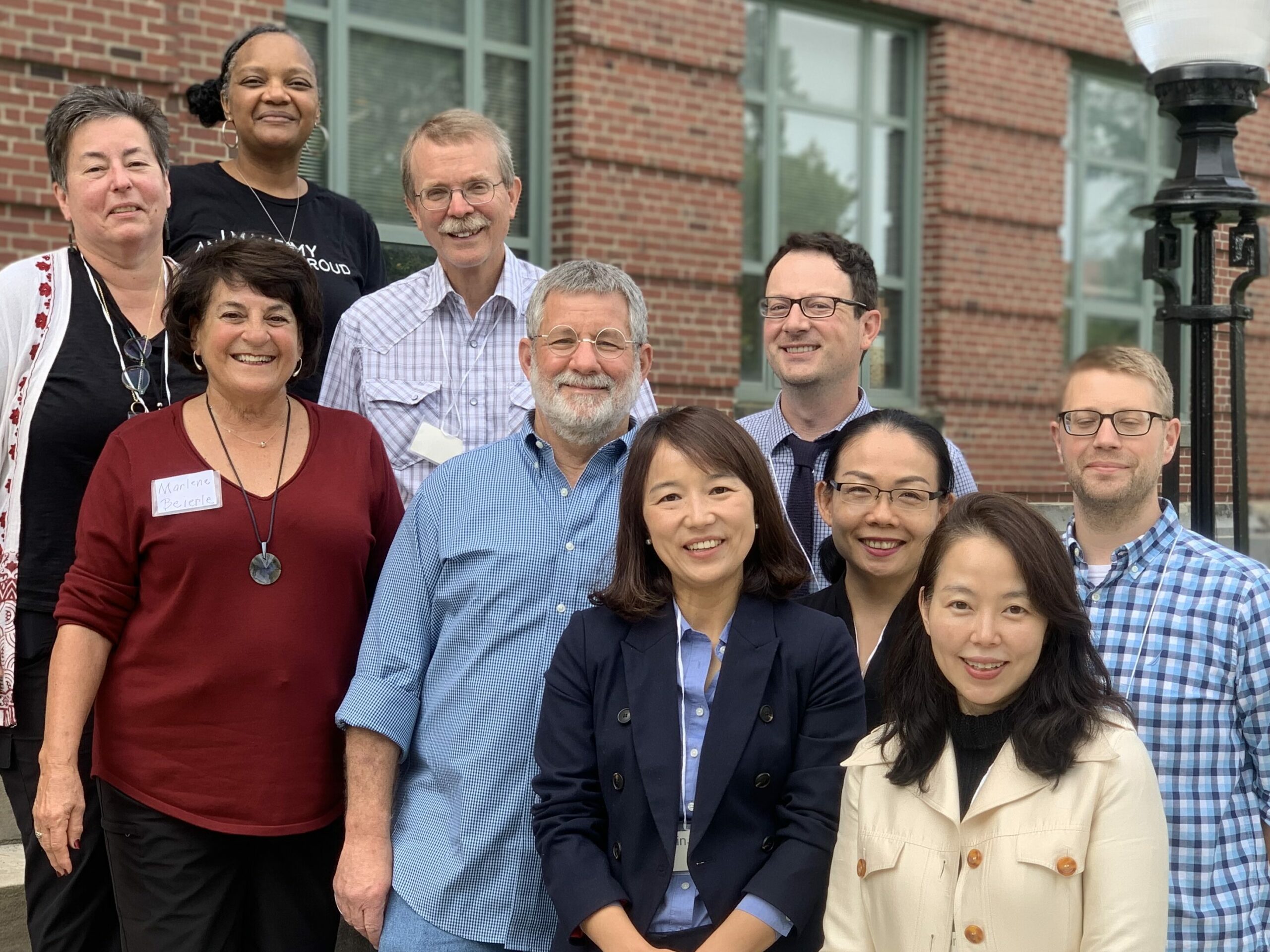History of the Center for Discourse Analysis and Video Ethnography
The conduct of research by faculty and graduate students who were focused on language, culture, discourse, and learning, made clear the need for an infrastructure to support the use of video technology in the conduct of ethnographic and sociolinguistic research in education. With support of a generous donation, the Center for Video Ethnography and Discourse Analysis (CVEDA) was created and founded by David Bloome and opened its doors in September 2011 with the support of the Department of Teaching and Learning.

Early in the 21st Century, Marcia Farr and David Bloome joined the faculty. They established a series of courses in the ethnography of communication and discourse analysis. With the restructuring of the doctoral program in the Department of Teaching and Learning, an Area of Study called Language, Education, and Society (LES) was established that emphasizing language as an essential educational process–fundamental to understanding diversity, social justice, learning, academic discourses, and life in classrooms, schools, and educational contexts outside of schools. Shortly after its opening, an initiative was created under Language, Education, and Society program area to incorporate a focus on bilingualism and biliteracy education especially in the area of early childhood education.
CDAVE (formerly CVEDA) builds on a rich history of inquiry into language and education at The Ohio State University. Scholars at the Ohio State University such as Martha King, Johanna DeStefano, Vic Rentel, Gay Pinnell, Rob Tierney, Jerome Zutell, Rudine Sims Bishop, Olga Garnica, Rebecca Kantor-Martin, Judith Green, Anna Soter, and Karen Dahl, among others, laid the foundation for taking language seriously as an epistemology and ontology in education research. While there were debates among them, these scholars contributed to the reconceptualization of early reading and writing as a language process, defined the nature of literacy instruction as an extension of language learning that was meaning-centered, explored the relationship of mind and language in educational contexts, focused attention on the dialogue and conversations between teachers and students as the essential foundation for academic learning. Language variation was considered a student right and fundamental to social justice. Teacher knowledge of language variation was considered a necessary part of teacher education. Literature, including children’s literature and literature for young adults, was not an accouterment to a language-based curriculum and pedagogy, but was an extension of understanding students as language users and meaning makers engaged in actively shaping their worlds.

The appointment of Laurie Katz to the early childhood education faculty (which already included David Fernie and Rebecca Kantor-Martin) highlighted an emphasis on language in early childhood education and fostered on ongoing rethinking of early childhood education. Here, language was curriculum, pedagogy, and a tool for meaning-making and creativity even with the youngest students. Leslie Moore joined the faculty in 2006 and brought a language socialization framework for understanding early childhood education and academic learning as well as the relationships between families, communities, and schools. In 2010, early childhood education was joined with Language, Education, and Society to highlight the centrality of language in early childhood education and in early childhood teacher education. In 2015, Michiko Hikida joined the faculty bringing a language and identity framework for understanding teaching and learning in elementary classrooms, and in the Autumn 2020, Dr. Stephanie Power-Carter joined and rebranded CVEDA to the Center for Discourse Analysis and Video Ethnography (CDAVE), bringing theoretical frames such as Black feminist, Whiteness studies, as well as other philosophical understandings such as UBUNTU to better understand teaching and learning contexts.